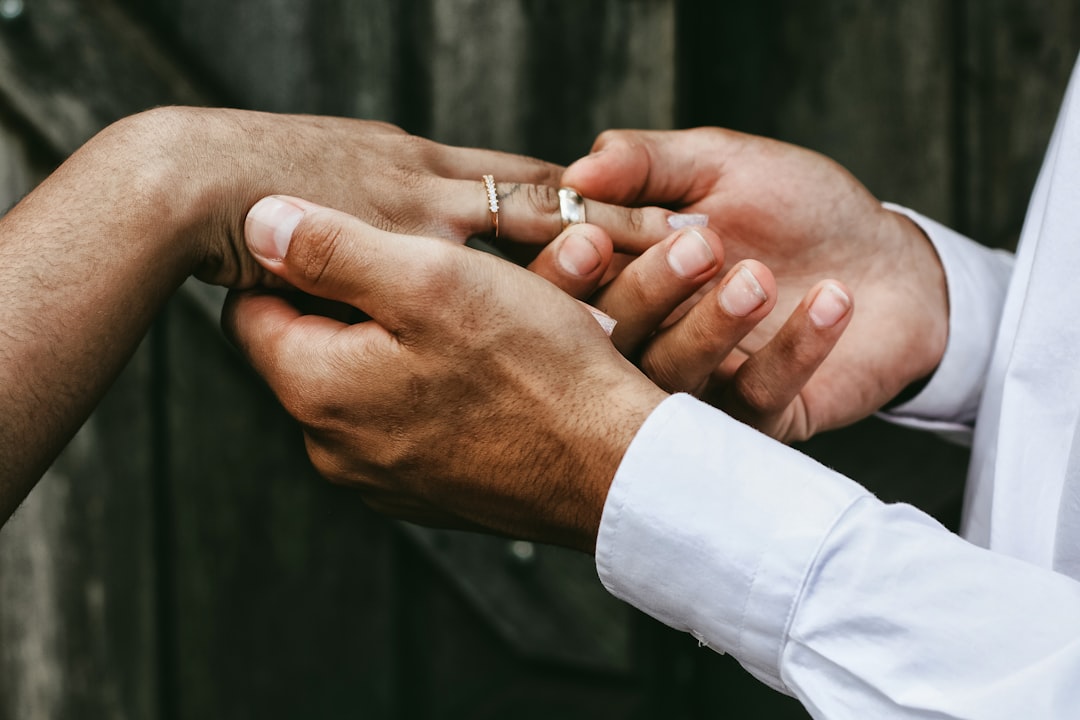Months after hearing from 21 petitioners, the Supreme Court of India refused to recognise same-sex marriages last week. Instead, it passed the decision back to a parliament where the ruling Bharatiya Janata Party (BJP) had argued legalising same-sex marriage would not be "comparable with the Indian family unit concept of a husband, a wife and children".
India has slowly been letting go of the values instilled by colonialism, with a ban on gay sex being lifted in 2018 (the 'Section 377 verdict').
This ruling would have enabled the LGBTQIA+ community to have access to legal rights such as inheritance, being listed as a next of kin, and accessing pension rights. While the court sent the decision back to the parliament, with the Chief Justice D.Y. Chandrachud stating, “This court cannot make law. It can only interpret it…”, the ruling did emphasise that LGBTQIA+ couples be able to live free of prejudice and discrimination.
The court provided directions to the parliament, asking them to form a ‘committee’ to look into entitlements for same-sex couples, and ensuring that the rights of same-sex couples were not infringed upon. However, when speaking to Al-Jazeera, the Supreme Court lawyer Pyoli Swatija pointed out that “the government of India is not duty bound to follow it.”
The verdict has left a widespread impact, not only on the LGBTQIA+ community in India, but the diaspora around the world.
Bala Sugavanam (he/him) is a gay man who moved to Australia from Chennai 10 years ago. Sugavanam was left feeling "extremely disappointed" after watching the Supreme Court's verdict live while travelling home on the train.
"Listening to the long-winded verdict, it just felt like they didn't care that much in the end after all the breadcrumbs left in the beginning in the form of repeating the September 2018 377-verdict," Sugavanam told Draw Your Box.
Salvin Kumar (he/they) was also "saddened by the outcome", emphasising this verdict will have a ripple effect on Indians living outside of India.
"People of the Indian diaspora, like myself, are part of a community that is influenced by India in many ways," said the Indo-Fijian social worker with Tamil Girmitiya ancestry.
"Our families say, 'This is not our way' and make reference to Indian traditions. Not legalising same-sex marriages in India means that many diasporic families will continue to tell their children that same-sex marriages are not accepted in society, no matter where they live.
"I worry, that all this will significantly impact our mental health and our safety in society. People have been using religion as an excuse, now they will use the decision of the Supreme Court to discriminate."
Sydney-based Indo-Fijian chef and podcast host Fuzz Ali (he/him) couldn't agree more, saying that "this action perpetuates the myth that queer people are deviants, and that we are unworthy". He explained that "the mental health impacts of decisions like this cannot be overstated".
"A queer teenager in a rural community in India today will feel a sense of dread that their existence is unnatural and unwelcome," said Ali.
"However, it is important to understand that decisions like this can also be felt across borders, in other communities and cultures where queerness is under attack every single day through right-wing rhetoric, including in supposedly progressive places like the USA."
While India is a country that proudly celebrates its pre-colonisation history and displays erotic artwork on temples, it still has a long way to go to provide equality to its LGBTQIA+ community.
"At the core of what needs to be done is a decolonisation of communities, and a decolonisation of queerness itself," said Ali. "Legislation is a necessary step in the normalisation of queer relationships, but until communities acknowledge the historic reorientation of cultural values around difference to European sensibilities of the time (ironically sensibilities which in the contemporary era swing towards progressive views around queerness), it will be difficult to come back to a state where queerness just exists alongside cisgender and heterosexual experiences."
While he'd like to be hopeful, Sugavanam fears that "this is going into the back burner or the 'don't care' box as far as the Indian government is concerned".
"But for Indian queers," he said, "the fight continues as always".
"I can only finish this by saying, 'loads of love and more power' to the fellow Indian LGBT+ people who are continuing the tough fight."
For confidential support in Australia, call QLife on 1800 184 527.
